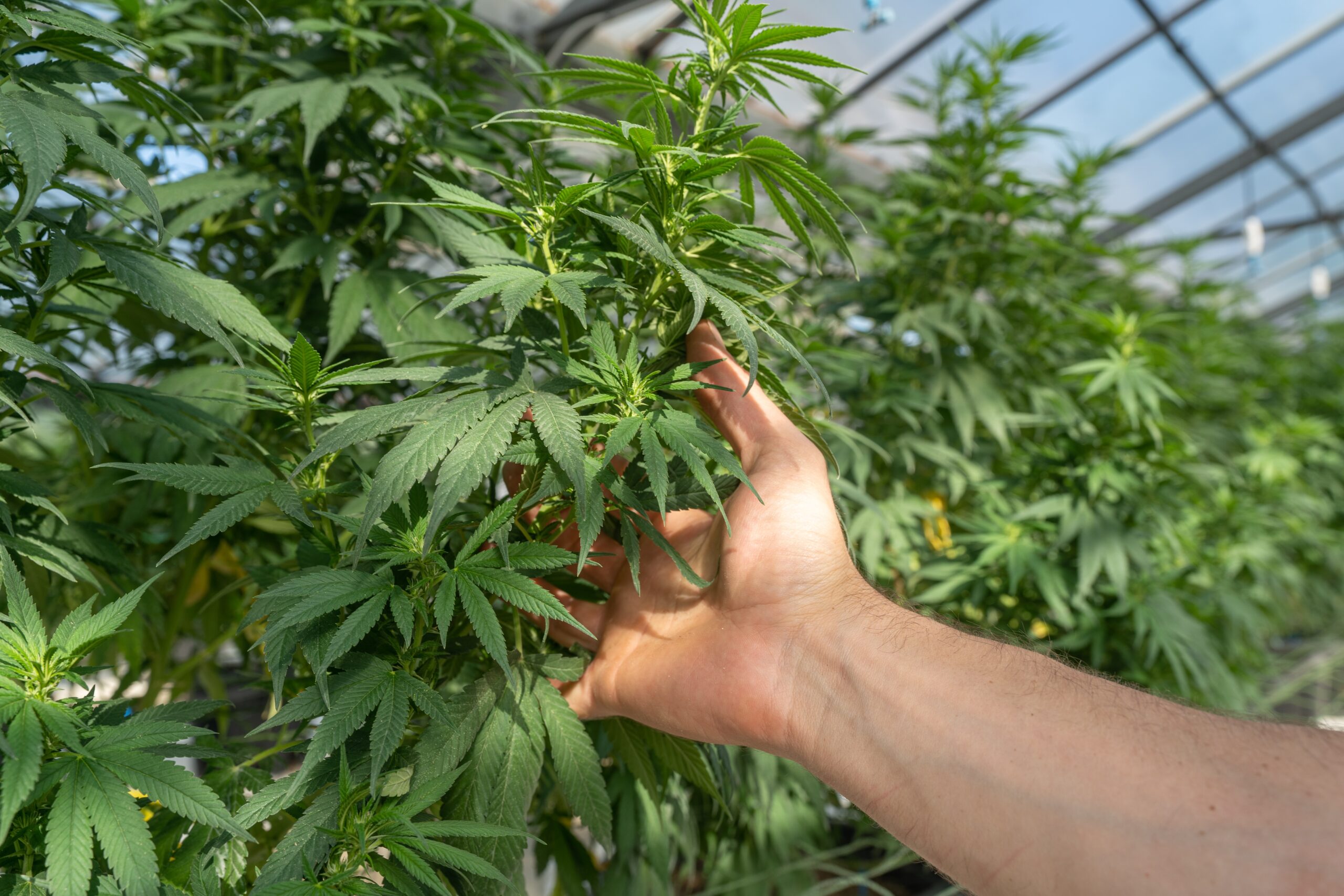Marijuana, derived from the Cannabis sativa plant, is classified as a Schedule I substance under the Controlled Substances Act, indicating it has a high potential for dependency and no accepted medical use. Although isolated components of the raw marijuana plant have recognized medicinal uses, smoking marijuana has not passed the Food and Drug Administration’s rigorous research and testing process to become an approved medicine.
Marijuana contains psychoactive chemicals, and the main active chemical is delta-9-tetrahydrocannabinol (THC). Distribution of marijuana is a federal offense, and it is the most commonly used illicit drug in the United States.
Legal Status of Marijuana Use
Although marijuana use violates federal law, many states have passed laws legalizing marijuana. Restrictions vary widely by state; some states only allow medical marijuana, while others have legalized recreational marijuana. State laws may do one of the following:
- Legalize medical marijuana, meaning an individual may defend against criminal charges if he or she can prove a medical need for marijuana under state law
- Legalize the possession and use of recreational or medical marijuana
- Decriminalize marijuana, meaning penalties for possession and use of small amounts of marijuana may be reduced
In 1996, California became the first state to legalize medical marijuana. Now medical marijuana is legal in 35 states and the District of Columbia. However, as of 2023, 23 states and Washington, D.C. have also legalized recreational marijuana use.
Maryland
In November 2022, Maryland voters approved a referendum to legalize marijuana for adult use. The Maryland Legislature passed the accompanying Cannabis Reform Act (H.B. 556/S.B. 516) in spring 2023. The bill took effect upon Governor Wes Moore’s signing on May 3, 2023.
Delaware
In March 2023, the Delaware General Assembly passed two bills related to the legalization of marijuana. House Bill 1 regulates the legal personal use of marijuana by adults in Delaware and House Bill 2 establishes and regulates the Delaware marijuana industry. Both Bills were enacted on April 23, 2023, without the signature of Gov. John Carney.
Virginia
Workplace Policies
Even if you are located in a state that has legalized recreational marijuana, you can still ban marijuana, along with alcohol and other drugs, from the workplace.
State laws that legalize medical or recreational marijuana do not affect employers’ rights to retain zero-tolerance drug and alcohol policies. As with alcohol and other drugs, you may still prohibit employees from using marijuana at work and reporting to work under the influence of marijuana.
However, you may want to take this opportunity to review your drug policies. Companies in states where marijuana is legal may consider amending existing drug policies to clarify that any use of marijuana is prohibited, regardless of recreational or medical use.
You should also review your drug policy in conjunction with state regulations to ensure that you are not violating any nondiscrimination laws. Some states prohibit employers from discriminating against employees who test positive for medical marijuana, provided the patient is not impaired at work. In general, though, employers may discipline employees according to established drug policies that prohibit workplace use of marijuana or impairment due to marijuana. However, court cases are pending that may affect marijuana drug policies, particularly regarding medical marijuana use.
When drafting or reviewing a drug tolerance and drug testing policy, make sure that you can justify the policy according to state and federal law and that you consistently enforce the policy.
For more information on regional cannabis laws, regulations and data, visit the Maryland Comptroller’s cannabis site and the Maryland Cannabis Administration and review Delaware’s medical marijuana information here.








